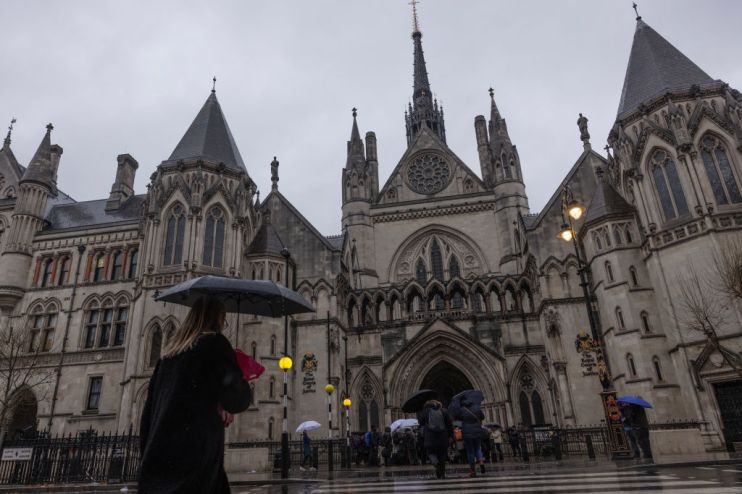Government’s £1.1bn push to digitalise courts has only made the problem worse, new report warns

A UK government push to digitalize the country’s court systems instead placed an added burden on Britain’s courts, a new National Audit Office (NAO) report warns.
The combined HMCTS and CPS push to “reduce inefficiencies across the criminal justice system” through deployment of the ‘Common Platform’ in fact added to the burden already faced by Britain’s backlogged courts, the report says.
The UK government’s plan aimed to replace legacy systems used by the CPS and HMCTS with a single, digital platform, through which information could be accessed at all stages of a case.
The UK government had spent £1.1bn on the new reforms as of December 2022, with more than £200m spent on the deployment of the Common Platform.
The NAO’s report, however, warns that court staff and judges believe the Common Platform has “created inefficiencies in courts, caused stress for court staff and undermined trust in the quality of court records”.
It notes that the Common Platform system failed to notify partner agencies of required actions in around 3,000 cases, leading to various failures in delivering justice, including a situation in which 35 defendants were not fitted with electronic tags when they should have been.
The report follows news that the trial of a Janus Henderson analyst and four others over insider trading allegations will be delayed until 2025, due to record court backlogs.
The NAO report claims the UK government took the “highest risk” option in replacing the CPS and HMCTS systems with the Common Platform. It also claims the UK government failed to “fully” appraise all of the options available.
Law Society president Lubna Shuja said the solicitors body remains concerned that “delays in the court are being exacerbated by ineffective reforms”.
Commenting on the NAO’s report, HMCTS chief executive Nick Goodwin said the Common Platform will “replace legacy systems that are fragmented and unsustainable” as he argued the new system “remains a vital cog” in the government’s planned reforms.